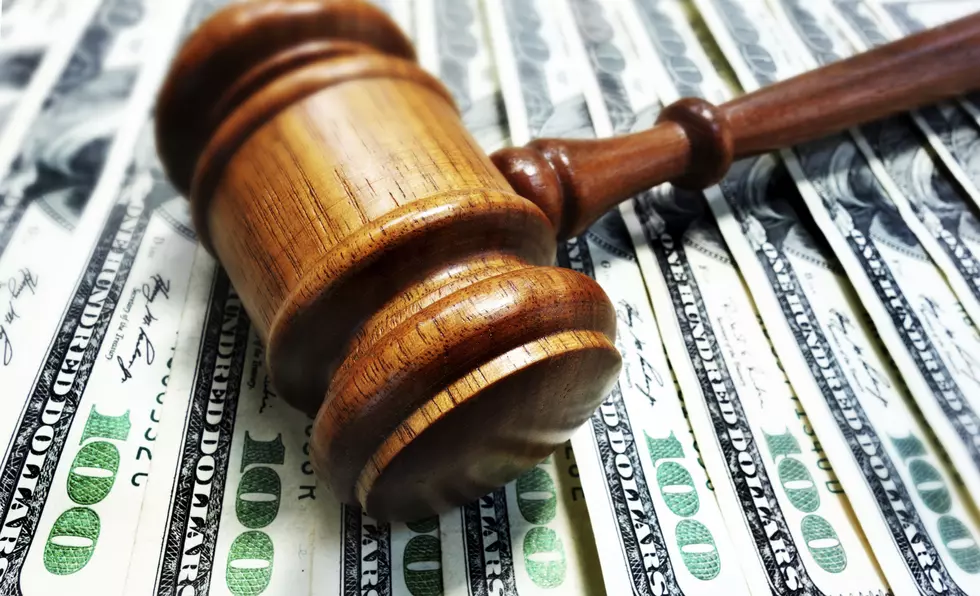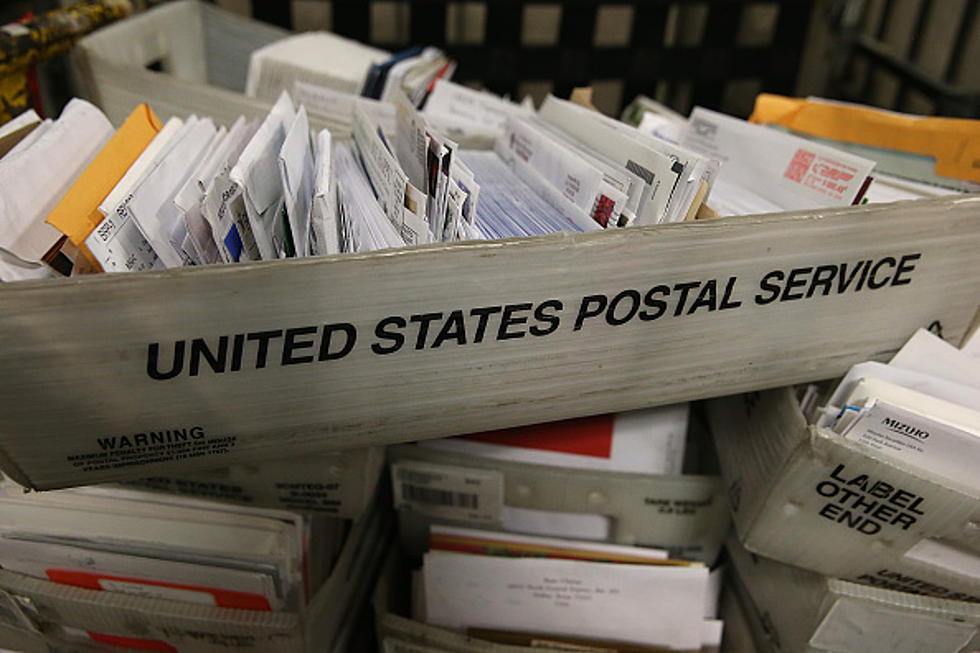![Bill Would Allow Ignition Locks for First-Time DWI Offenders – Do You Like the Idea? [POLL]](http://townsquare.media/site/385/files/2013/02/dwi-stop.jpg?w=980&q=75)
Bill Would Allow Ignition Locks for First-Time DWI Offenders – Do You Like the Idea? [POLL]
I often wonder whether we take driving while intoxicated serious enough given the number of stories we hear about people with multiple DWI convictions who still drive.
Sounds like overreach to me that if you’ve been found guilty for a first DWI, you’d need to have an interlock device installed on your car to enable you to drive it.
I say an overreach because I always felt this was something reserved for the most serious offenders, such as someone with multiple DWI’s on their record.
But tell that to anyone who’s been injured by or had a family member killed by a drunk driver, and you may feel differently. Personally I wouldn’t want to be in that person’s shoes.
However the question is how to prevent those who’ve done it once from becoming the most serious offenders.
A Senate panel on Monday approved a bill that would make installation of ignition-interlock devices, rather than license suspension, the main penalty in most drunken-driving cases.
First-time DWI offenders could continue driving with the mechanism, which blocks a vehicle from starting unless the operator exhales a clean breath sample into it.
Second or subsequent offenders would need a restricted-use license — allowing only work-related or other travel set by a judge — for at least the first year the interlock is in place.
The Senate Judiciary Committee advanced the measure, S-2427, sponsored by its chairman, Sen. Nicholas Scutari, D-Union, in a 12-0 vote, with Sen. Christopher Bateman, R-Somerset, abstaining.
Ignition locks were mandated in certain cases under Ricci’s Law, enacted in January 2010. That law required first-time offenders with a blood-alcohol concentration of more than .15 percent, and those who refused to take a breath test, to have the interlock installed for six months after a suspension ended.
Last December, the Law Revision Commission called for expanded use of interlocks after studying reports on reducing drunken driving from sources such as the National Highway Traffic Safety Administration, the Centers for Disease Control and Prevention, and the Insurance Institute for Highway Safety, and concluding that lengthy license suspensions do not prevent drunken driving.
So as previously stated, tell anyone who’s either lost a family member or had a family member injured by a drunk driver that this regulation is too stringent, and see the answer you get.
More From New Jersey 101.5 FM








